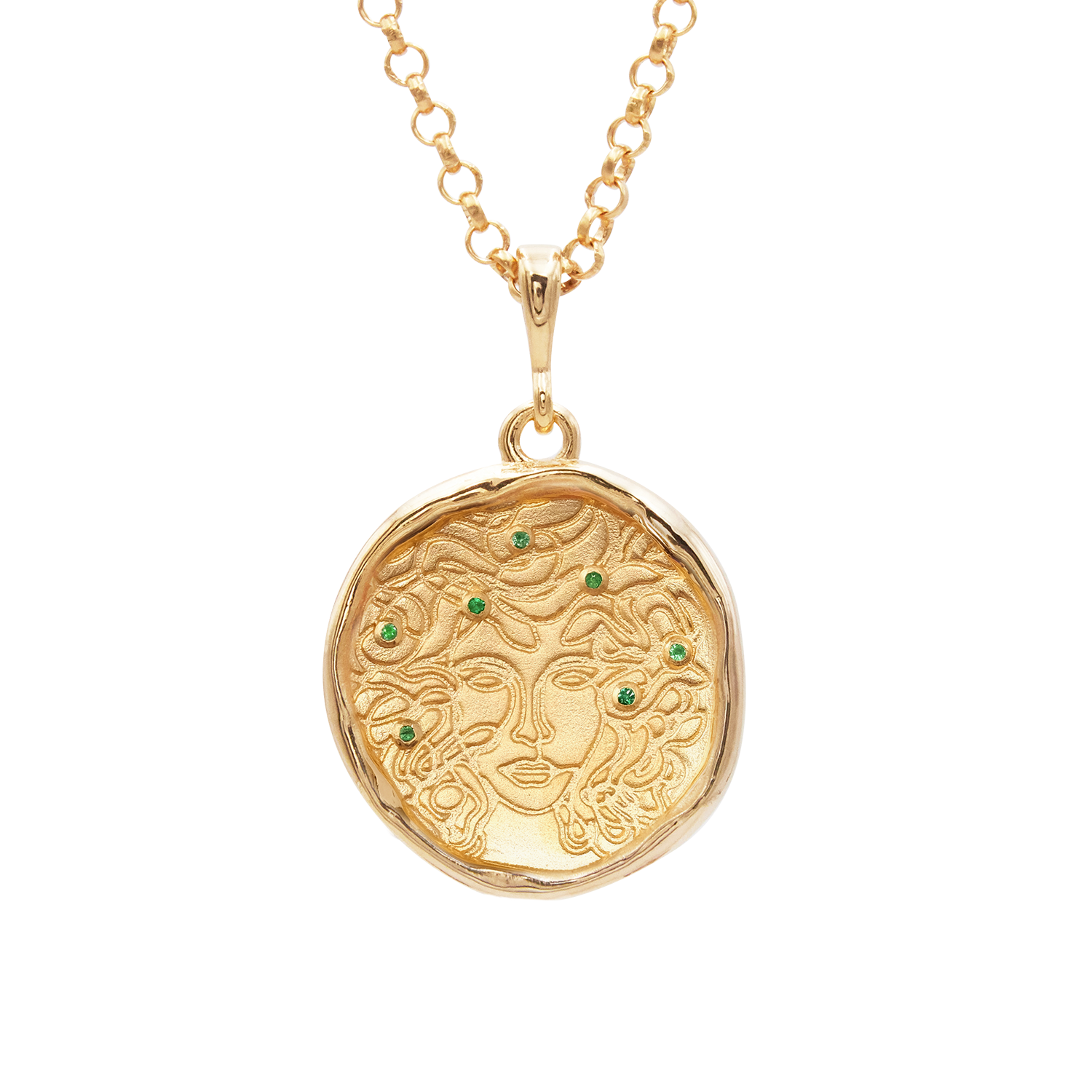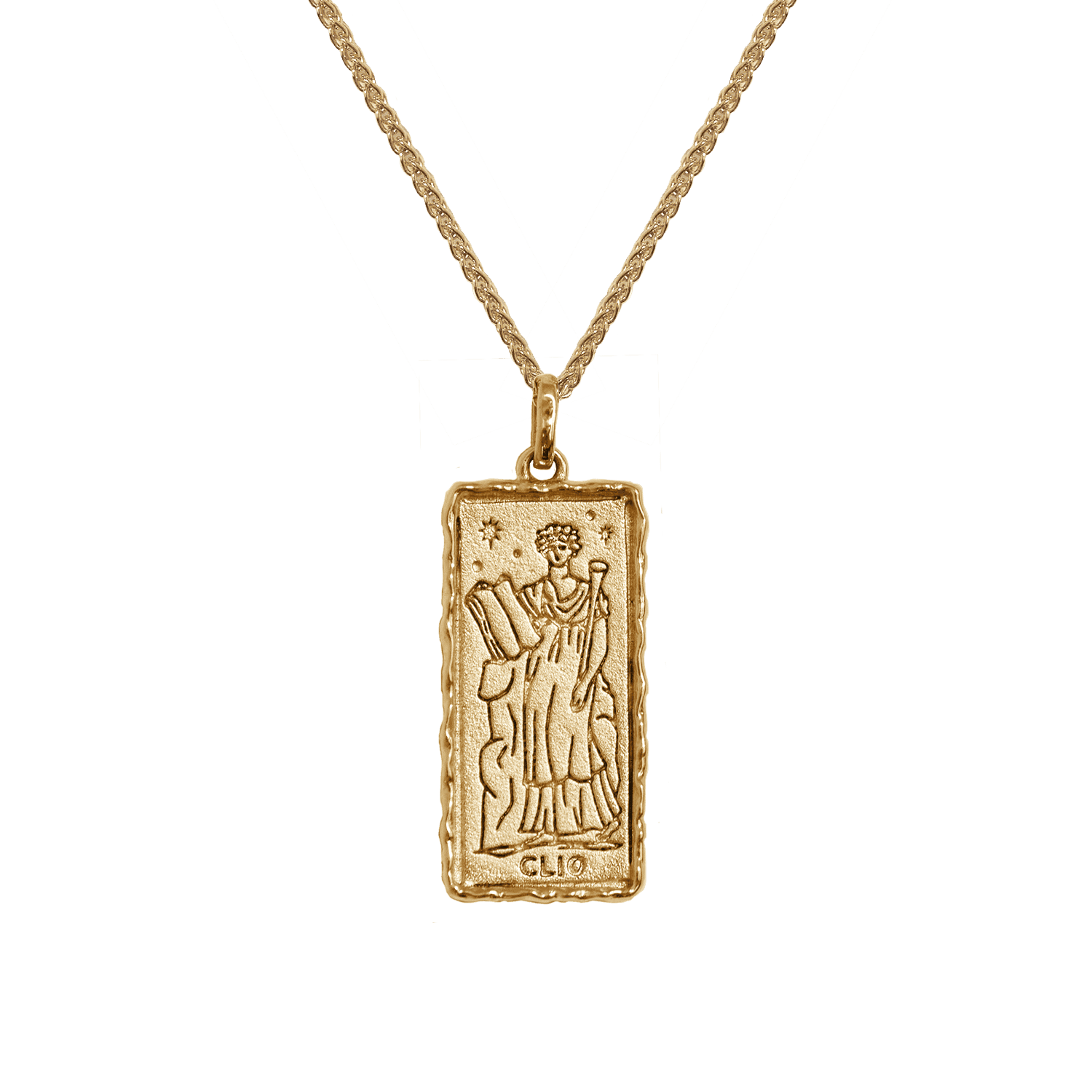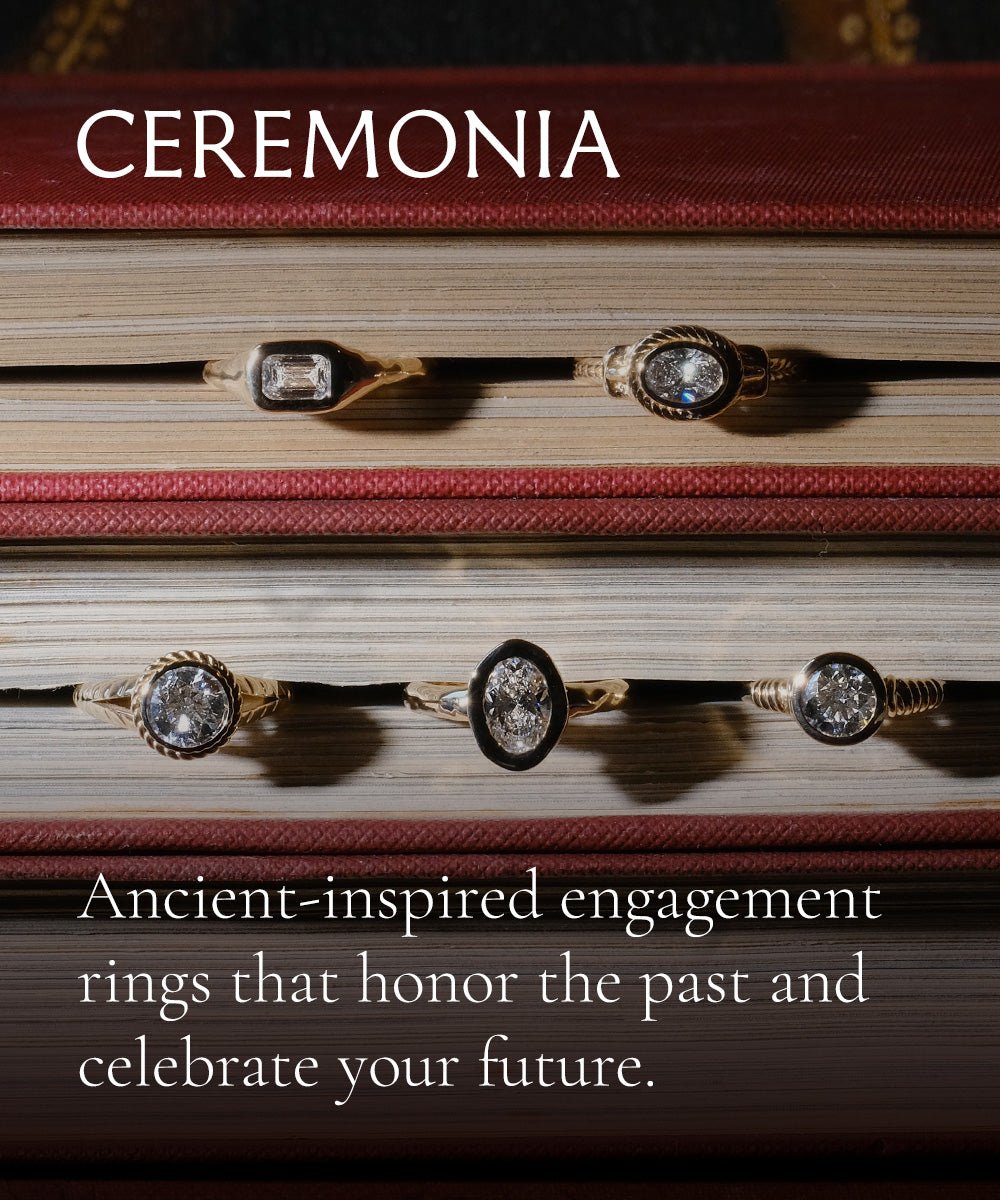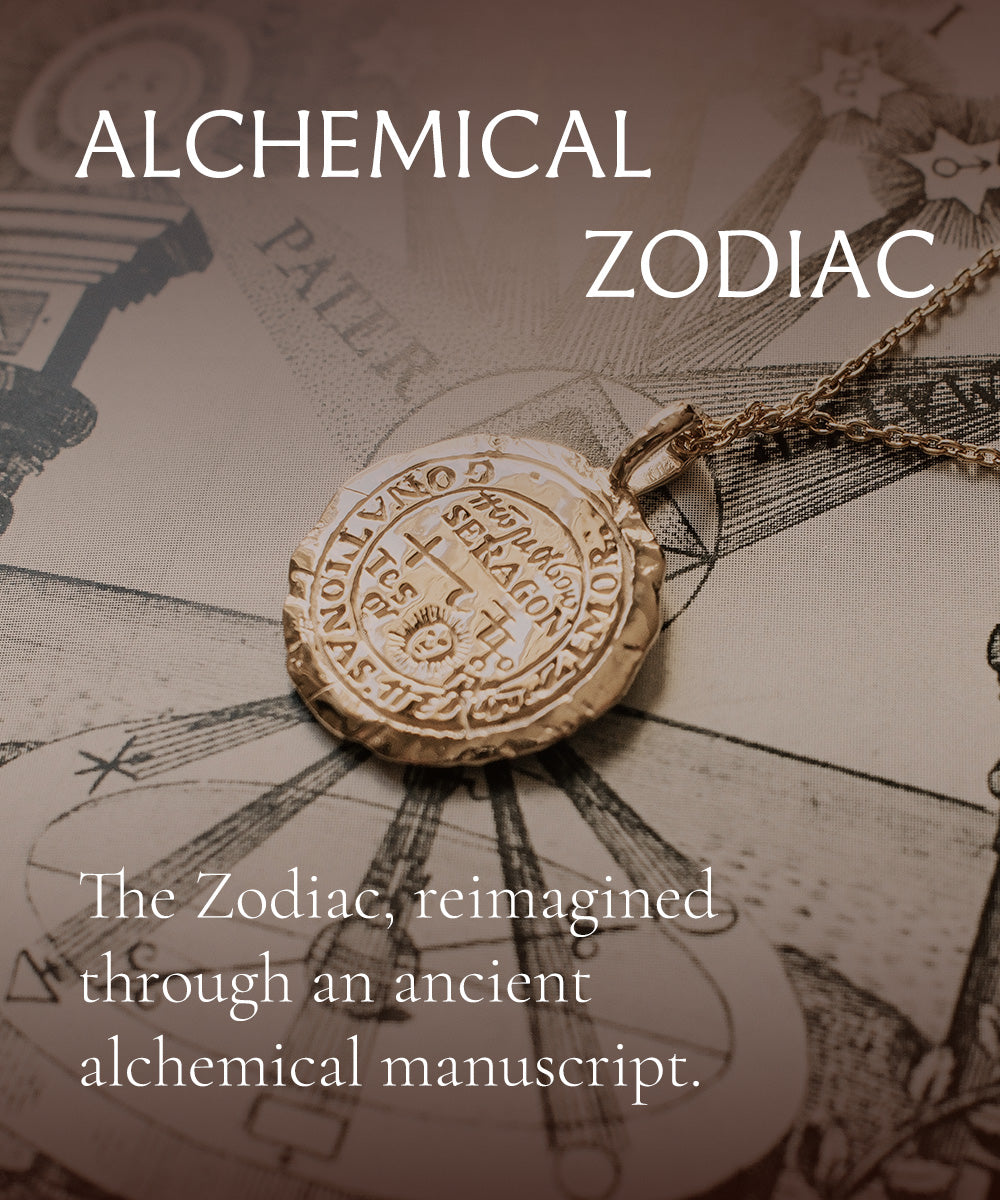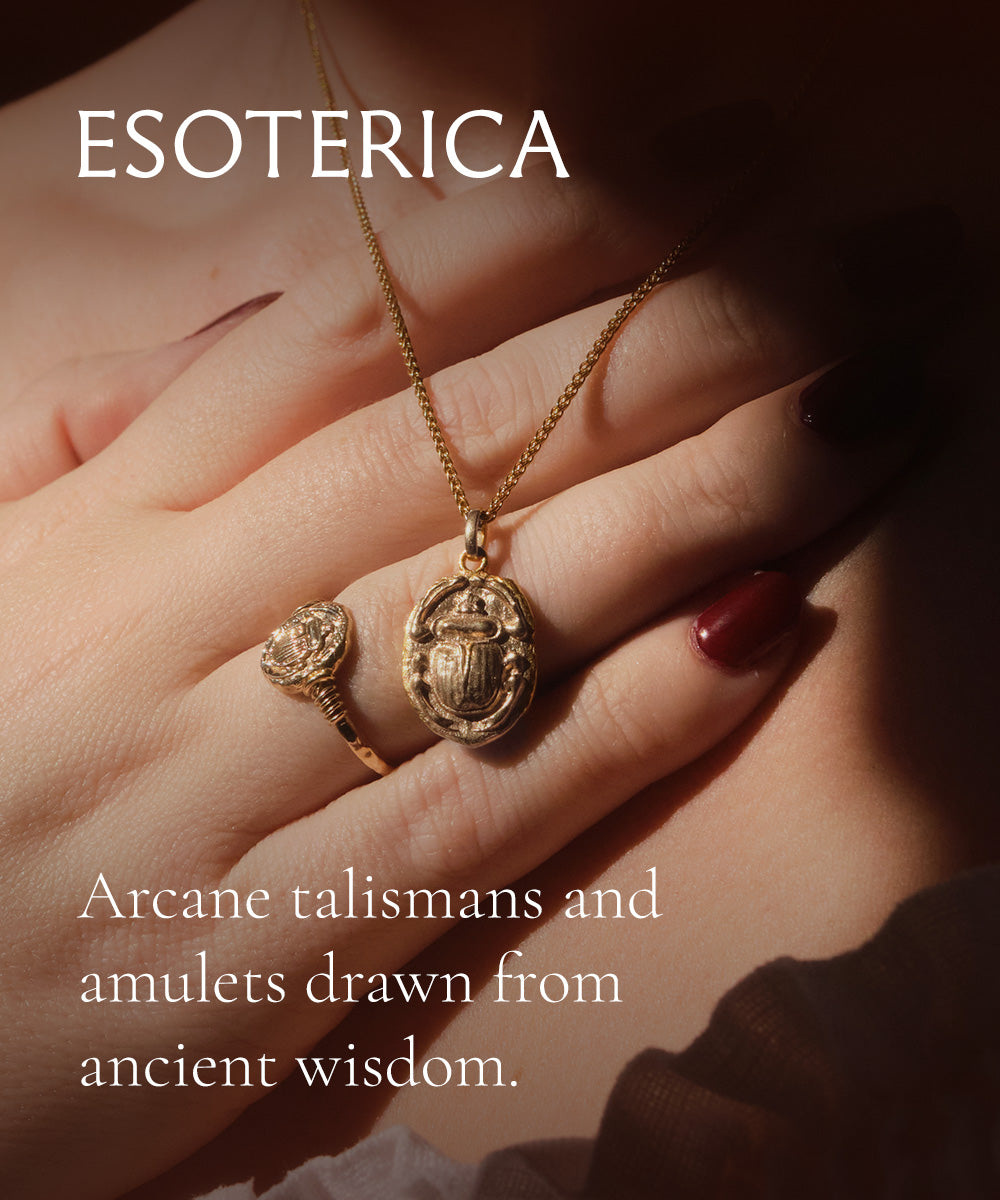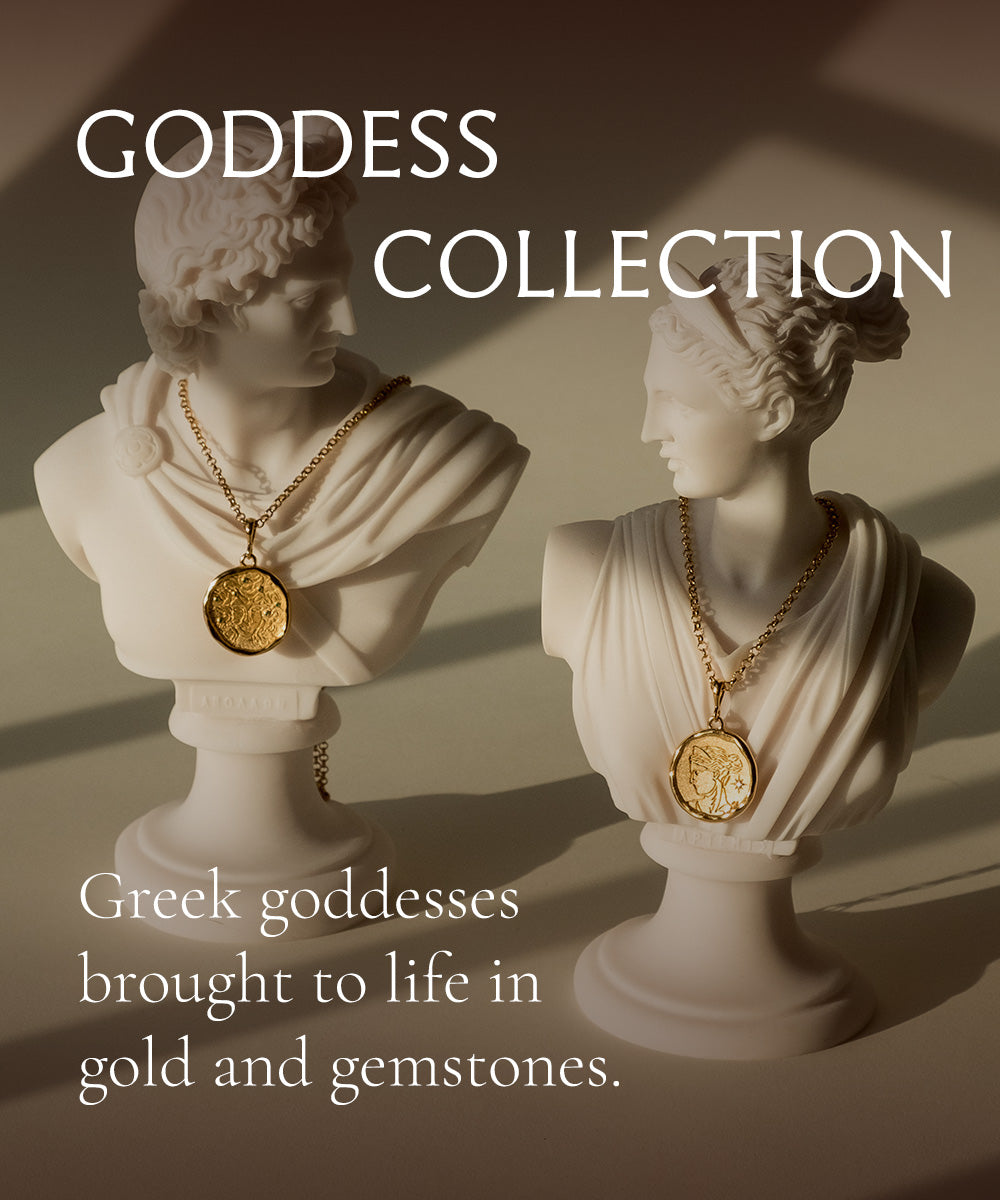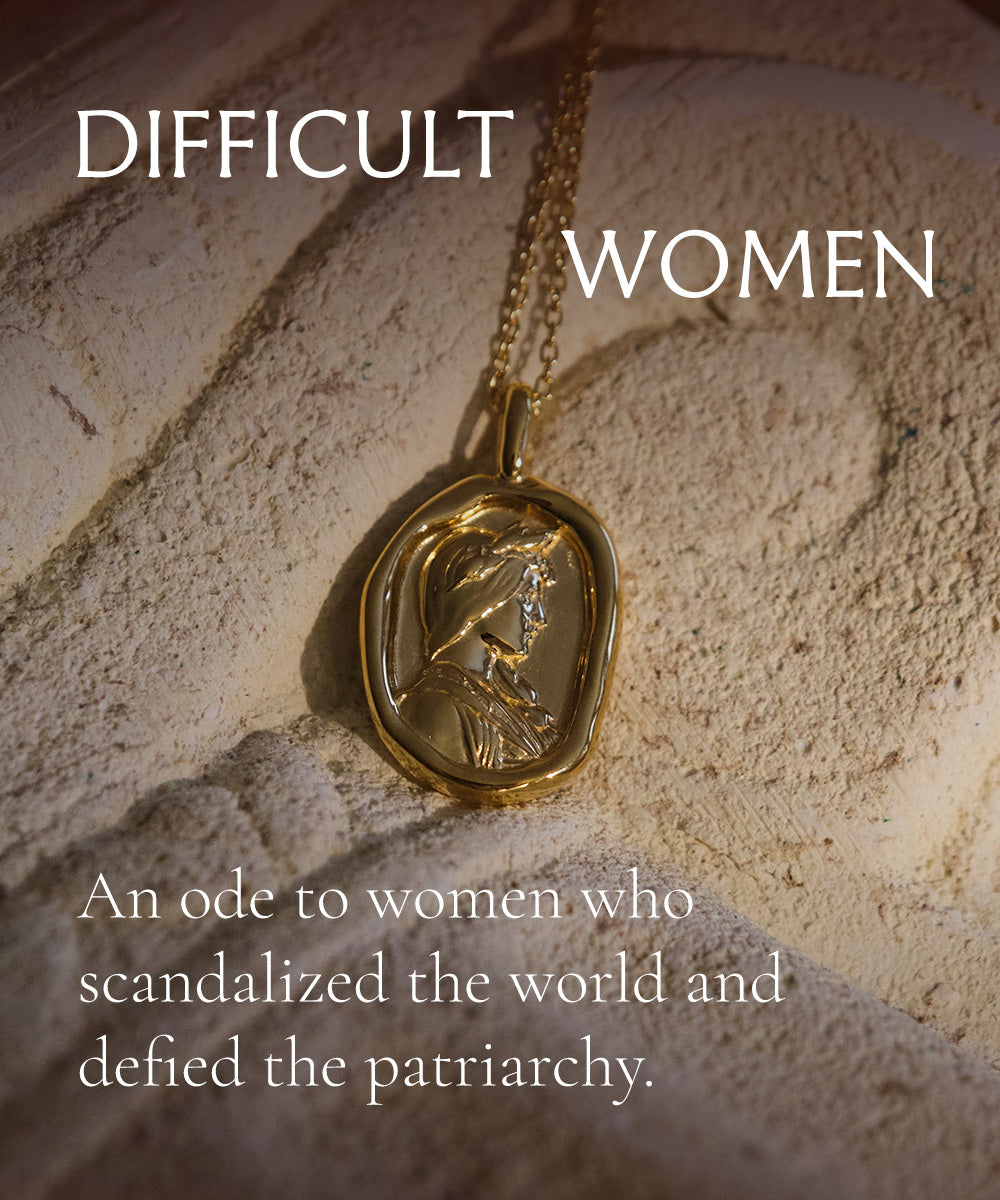“The Death of the Author” refers to a 1967 essay of the same name by French literary theorist Roland Barthes. The essay centers around the idea that one can, and perhaps should remove any thought of the author from the text, i.e., while it is easy to use the author’s personal experiences, thoughts, and opinions to glean meaning from a text, it is perhaps careless to derive the meaning of the text from that which is not directly in it.
In college I briefly chatted with a woman about the works of Epictetus. She asked me something like, “but wasn’t he a sexist?” and implied I should not be reading the Enchiridion, or any works written by men who thought they were superior to women.
This struck me, and stayed with me, clearly. My first response was that her sentiment was ridiculous, for the fact alone that if we didn’t read works by authors with sexist views, we wouldn’t read most of everything ever written.
People, for the most part, are products of their time and culture. Most of history and culture is patriarchal, and viewed women as inferior, or worse, and only recently have some of us gotten a clue. Unfortunate and blatantly incorrect as that line of thinking is, it made no sense to me, in that moment, to write off everything ever written because the author probably had sexist views.
But on the other hand, nothing exists in a vacuum, and an author surely has her own opinions. So, then, doesn’t it pervade? Doesn’t an author, or any artist, inadvertently put themselves in their work? Is art not something that is passed through the artist, picking up their conscious and unconscious biases? Does that not, in some ways, impart itself onto the audience? And finally, is that damaging to those who accept what they read and do not question it further, or worse, seek out and agree with sentiments born of hate and inequality?
Of course these are true, in some ways. My college peer, viewing Epictetus through a feminist lens, had a point, albeit rather hasty and unsophisticated—something young people are wont to do (and as I was, and am still not immune to), but personally, I would prefer a clunky, disorganized criticism with good intentions over silence in the face of inequality.
I still don’t necessarily think that we should be writing off historical artists left and right because they were taught something incorrect and were never given the opportunity to learn otherwise. Writing is given over to the reader once it is presented. The writer may have her own thoughts, ideas and motivations, but what a reader gleans from the text is entirely up to them. Once the ink has dried, “the voice loses its origin, the author enters his own death.…the birth of the reader must be ransomed by the death of the Author.”
